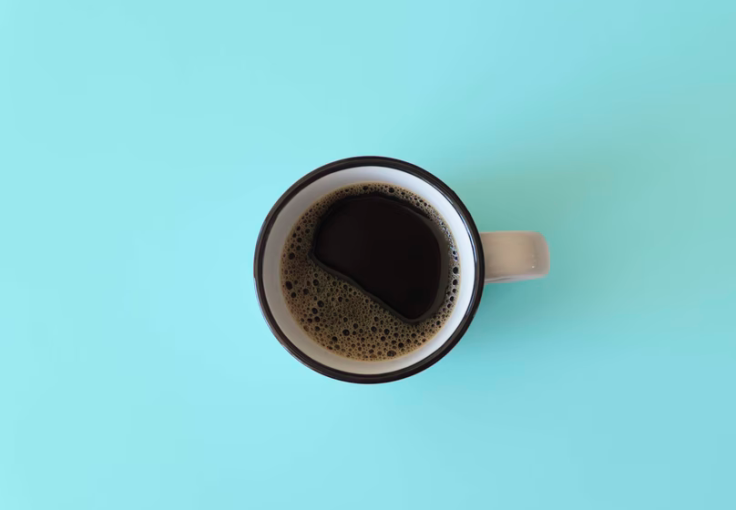It's All In Your Mind? Study Says Boost From Morning Coffee May Be A Placebo

Kickstarting the day without a cup of coffee is unthinkable for many. Do you believe that the caffeine from the morning coffee is what keeps you going? Maybe not, as a recent study suggests the morning caffeine boost might be all in your head.
Researchers from Portugal evaluated if the alertness associated with morning coffee is from caffeine or from the experience of drinking it. They then found that drinking coffee could have more of a placebo effect.
"There is a common expectation that coffee increases alertness and psychomotor functioning. When you get to understand better the mechanisms underlying a biological phenomenon, you open pathways for exploring the factors that may modulate it and even the potential benefits of that mechanism," Nuno Sousa, corresponding author of the study from the University of Minho in Portugal, said in a news release.
During the study, the participants, who usually drank at least one cup of coffee per day, were evaluated after they refrained from eating or drinking any caffeinated beverages for at least three hours. The research team took two functional MRI scans of the participants--one before the study and the other 30 minutes after taking caffeine or drinking a standardized cup of coffee.
The researchers expected that MRI scans from the coffee drinkers would show an increase in brain activity in certain regions. They analyzed the prefrontal cortex-the brain region associated with executive memory and the default mode network that was associated with self-reflection and introspection.
While evaluating the MRI scans, researchers found that participants who drank coffee or those who had caffeine had reduced connectivity in the default mode network, which helped them in transitioning from a state of rest to a state of task-oriented work.
The participants who drank coffee showed increased connectivity in the higher visual network and the right executive control network of the brain associated with working memory, cognitive control, and goal-directed behavior. However, when participants consumed only caffeine, the researchers did not observe this heightened connectivity.
Researchers believe the benefit of coffee over caffeine may be the distinctive aroma, taste, or psychological expectations tied to the drink.
"Taking into account that some of the effects that we found were reproduced by caffeine, we could expect other caffeinated drinks to share some of the effects. However, others were specific for coffee drinking, driven by factors such as the particular smell and taste of the drink, or the psychological expectation associated with consuming that drink," the first author of the study, Maria Picó-Pérez of Jaume I University said.
The study has certain limitations, as it has not tested if the benefits coffee drinkers claim could be due to the relief of withdrawal symptoms. The observed changes in brain connectivity were found during a resting-state sequence.



























